Mediterranean-style diets may still lower cardiovascular risk independent of lean beef intake
Powered by WPeMatico
Powered by WPeMatico
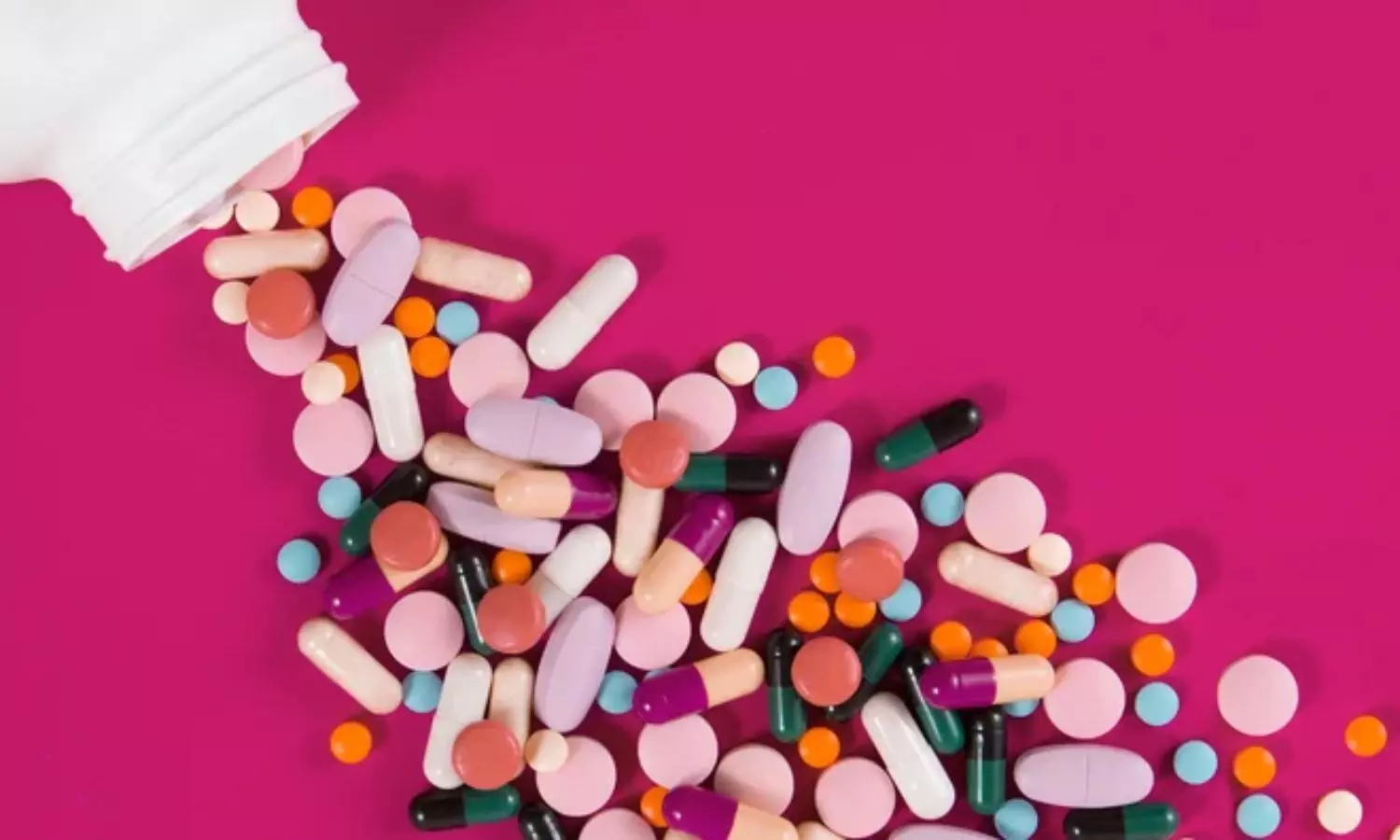
Shimla: Pharmaceutical manufacturers in Himachal Pradesh have said the U.S. decision to impose 100% tariffs on branded and patented medicines is unlikely to cause major disruptions, as the state’s pharma sector is overwhelmingly focused on generics.
The new duty, set to take effect from October 1, will apply to imported branded and patented drugs. However, industry leaders in Himachal, home to a large concentration of pharma companies, stressed that the state’s drug makers are shielded from the impact.
“More than 95 per cent of pharmaceutical companies located in Baddi, Nalagarh, Kala Amb and Paonta Sahib are engaged in producing generic medicines,” expressed Sanjay Suri, Vice-Chairman of CII Himachal and Executive Director of Morepen Laboratories. He added that India’s role as one of the largest exporters of generics to the U.S. makes it difficult for American healthcare to risk imposing tariffs on this segment, as it would directly increase treatment costs for patients.
While industry leaders appeared confident, some struck a note of caution. Rajesh Gupta, Chairman of the Himachal Drug Manufacturers’ Association, said the exemption for generics must be clearly defined. “The distinction between generic and branded or patented drugs is not always straightforward,” he noted, adding that some companies manufacture branded medicines outside the state. According to him, clarity in the tariff notification is essential to prevent confusion.
Himachal Pradesh is among India’s leading pharma hubs, with around 580 pharmaceutical units operating in the state. Nearly 79 per cent of them are based in the Baddi-Nalagarh-Barotiwala belt of Solan district, while the remaining are concentrated in Kala Amb and Paonta Sahib in Sirmaur. Together, the state’s pharmaceutical industry boasts an estimated annual turnover of ₹40,000 crore, contributing significantly to India’s drug exports.
According to a recent media report in The Indian Express, the general consensus among industry players is that Himachal’s pharma sector will remain largely unaffected, unless the U.S. extends tariffs to generic medicines in the future.
Powered by WPeMatico

Mumbai: In a major crackdown on regulatory lapses, the Pharmacy Council of India (PCI) has prohibited 89 pharmacy colleges across Maharashtra, including 71 diploma and 18 degree institutions, from admitting students for the 2025-26 academic session.
According to a recent media report in the Times of India, the move follows three years of inspections by PCI and state technical education bodies, which exposed serious violations ranging from absence of fire and safety certificates and missing occupancy approvals to poorly equipped laboratories, infrastructure deficiencies, and unqualified faculty members. In several cases, colleges attempted to submit certificates issued by unrecognized local bodies or private agencies, which were dismissed as invalid by inspectors.
After issuing showcause notices and conducting follow-up inspections, the PCI released a circular formally declaring these colleges “Not to make admission” for the upcoming academic year. The affected institutes are spread across districts including Thane, Kolhapur, Nagpur, Nashik, and Solapur.
The council underlined that the action was essential to protect students and uphold minimum academic standards in pharmacy education. Officials noted that despite repeated warnings, many institutions failed to rectify their shortcomings.
Times of India reports that this sweeping decision is also expected to delay the state’s overall pharmacy admission process, as authorities will need to recast the seat matrix and students will be left to pick from revised options.
Powered by WPeMatico
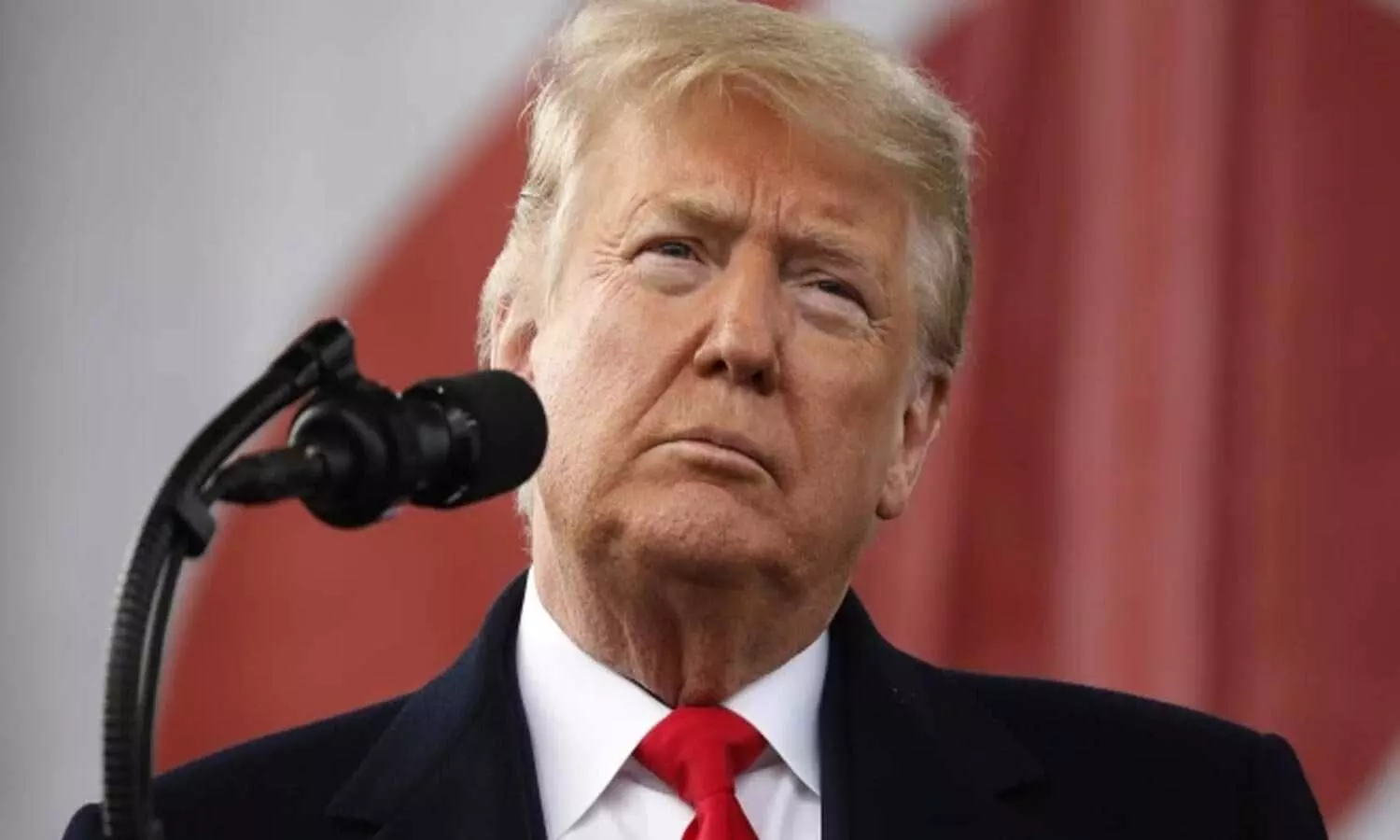
New Delhi: US President Donald Trump’s recent decision to impose a 100 percent import tariff on branded and patented pharmaceutical products starting October 1, 2025, is unlikely to have any immediate impact on Indian pharmaceutical exports, according to key industry players.
The move, announced by Trump via his social media platform Truth Social, targets drugmakers not manufacturing in the US. He wrote, “Starting October 1st, 2025, we will be imposing a 100% Tariff on any branded or patented Pharmaceutical Product, unless a Company IS BUILDING their Pharmaceutical Manufacturing Plant in America.”
The US President further clarified, “IS BUILDING” will be defined as, “breaking ground” and/or “under construction.” There will, therefore, be no Tariff on these Pharmaceutical Products if construction has started.”
As per PTI, Indian Pharmaceutical Alliance (IPA), which represents 23 leading Indian pharmaceutical firms, including Dr Reddy’s Laboratories, Sun Pharma, Lupin and Zydus Lifesciences, noted that Trump’s latest tariff will not have implications for the generic drugmakers.
Powered by WPeMatico
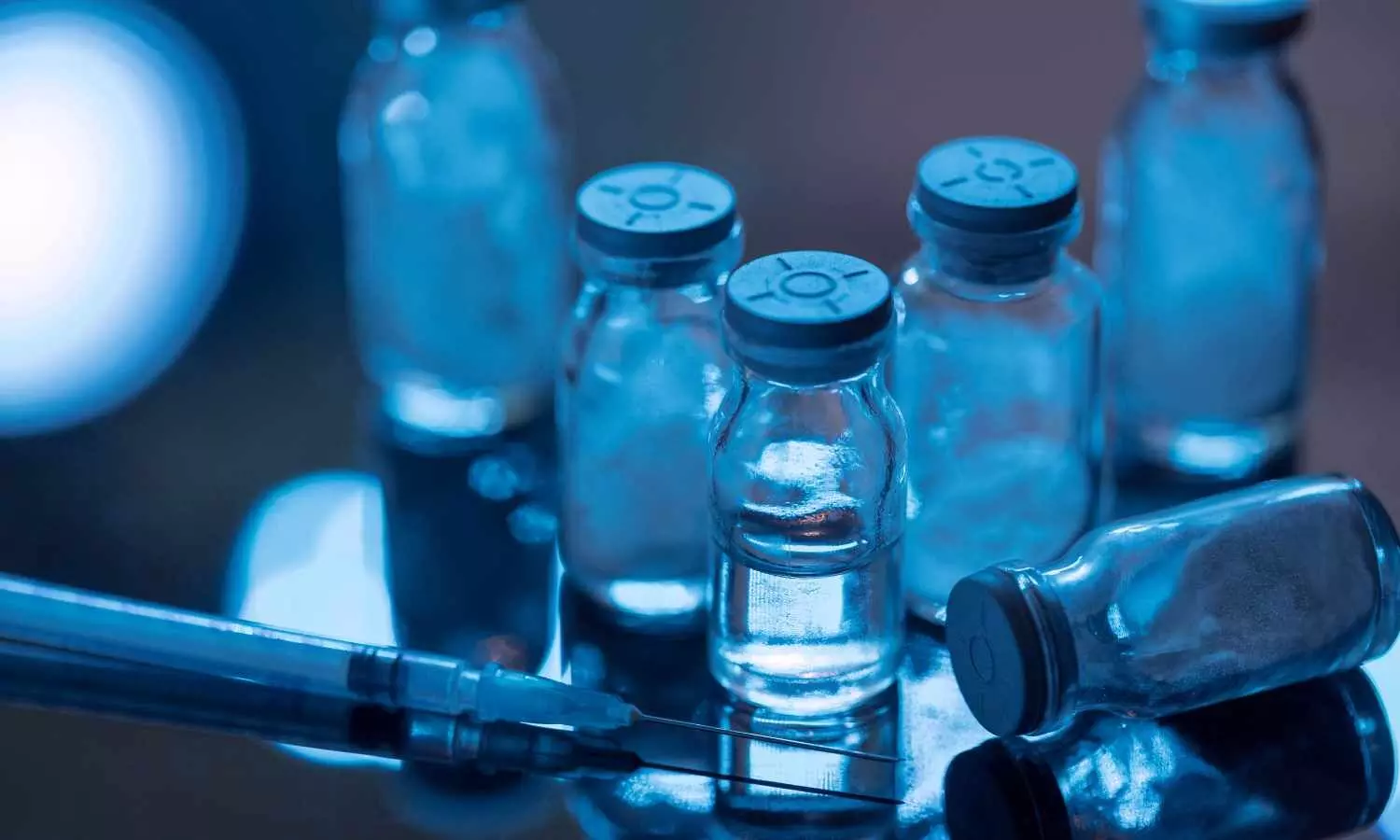
New Delhi: Reviewing the revised Phase III clinical trial protocol for booster dose administration of the 13-valent Pneumococcal Polysaccharide Conjugate Vaccine (PCV13) in infants, the Subject Expert Committee (SEC) functioning under the Central Drugs Standard Control Organisation (CDSCO) has granted approval to Novo Medi Sciences for conducting the study as per the presented protocol.
This came after Novo Medi Sciences Private Limited submitted the amended Phase III clinical trial protocol titled, “A prospective, randomized, double-blind, multi-center, Phase III study to assess and compare the immunogenicity and safety of the 13-valent pneumococcal polysaccharide conjugate vaccine in healthy Indian subjects.”
13-valent Pneumococcal Polysaccharide Conjugate Vaccine is a vaccine that protects against invasive pneumococcal disease and pneumonia caused by 13 specific types of Streptococcus pneumoniae bacteria.
Pneumococcal conjugate vaccine is a pneumococcal vaccine made with the conjugate vaccine method and used to protect infants, young children, and adults against disease caused by the bacterium Streptococcus pneumoniae (pneumococcus). It contains purified capsular polysaccharide of pneumococcal serotypes conjugated to a carrier protein to improve antibody response compared to the pneumococcal polysaccharide vaccine.
At the recent SEC meeting on vaccines, the expert panel deliberated on the revised booster dose protocol presented by Novo Medi Sciences Private Limited.
After detailed deliberation, the committee recommended the conduct of the study as per the presented protocol.
Powered by WPeMatico

A shocking allegation has been levelled against Max Hospital in Vaishali, Ghaziabad, following the death of a one-month-old baby two days ago. The family alleged that even after the baby was declared dead at 4 PM, hospital staff continued to demand money for treatment until 6 PM.
According to the family, the hospital behaved insensitively and misled them after the child’s death. They also claimed there were discrepancies in the hospital’s paperwork and records.
For more details, check out the full story on the link mentioned below:
Max Hospital Accused of Extorting Money After Infant’s Tragic Death
Powered by WPeMatico
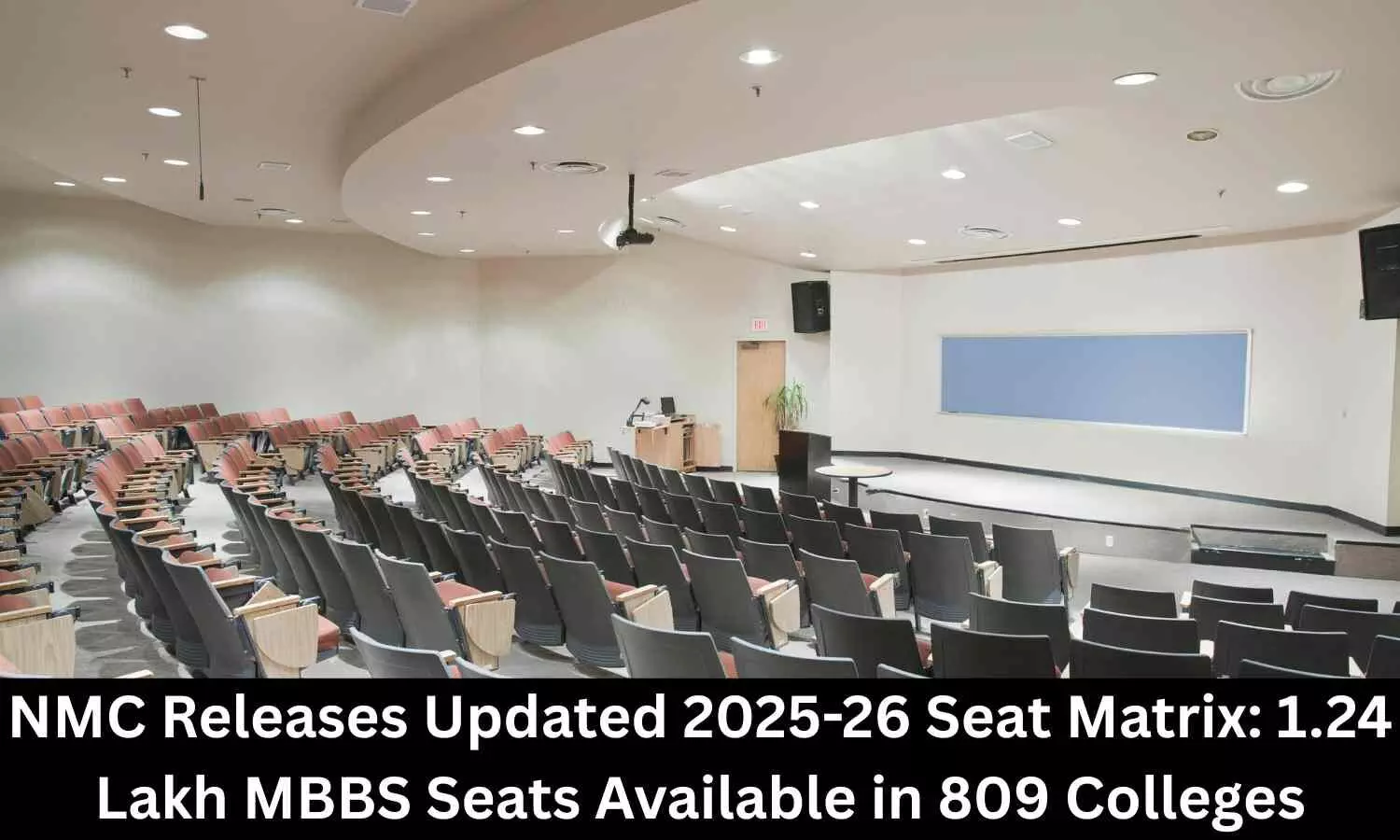
Through a recent notice, the Medical Assessment and Rating Board (MARB) of the National Medical Commission (NMC) has released an updated MBBS seat matrix, which has been prepared considering the recent changes in Renewal of existing UG (MBBS) seats as well as additional seats sanctioned for the Academic Year 2025-26.
Referring to the MARB notice dated 24.09.2025, the Secretary of NMC, Dr. Raghav Langer, wrote to the Deans/Principals of all medical institutes on 26.09.2025 and mentioned, “Kind reference is invited to the Medical Assessment and Rating Board’s (MARB) Notice of even number dated 24-09-2025 regarding updated seat matrix in view of recent changes in renewal of existing UG(MBBS) seats as well as additional seats sanctioned for UG(MBBS) for the Academic Year 2025-26. All the concerned Medical Institutions, Parents, Student and other stakeholders are requested to take note of the same.”
As per the revised MBBS seat matrix, there are a total of 124825 MBBS seats available this year across 809 medical colleges, including the 7375 MBBS seats that the NMC approved this year.
For more details, check out the full story on the link mentioned below:
NMC Releases Updated 2025-26 Seat Matrix: 1.24 Lakh MBBS Seats Available in 809 Colleges
Powered by WPeMatico
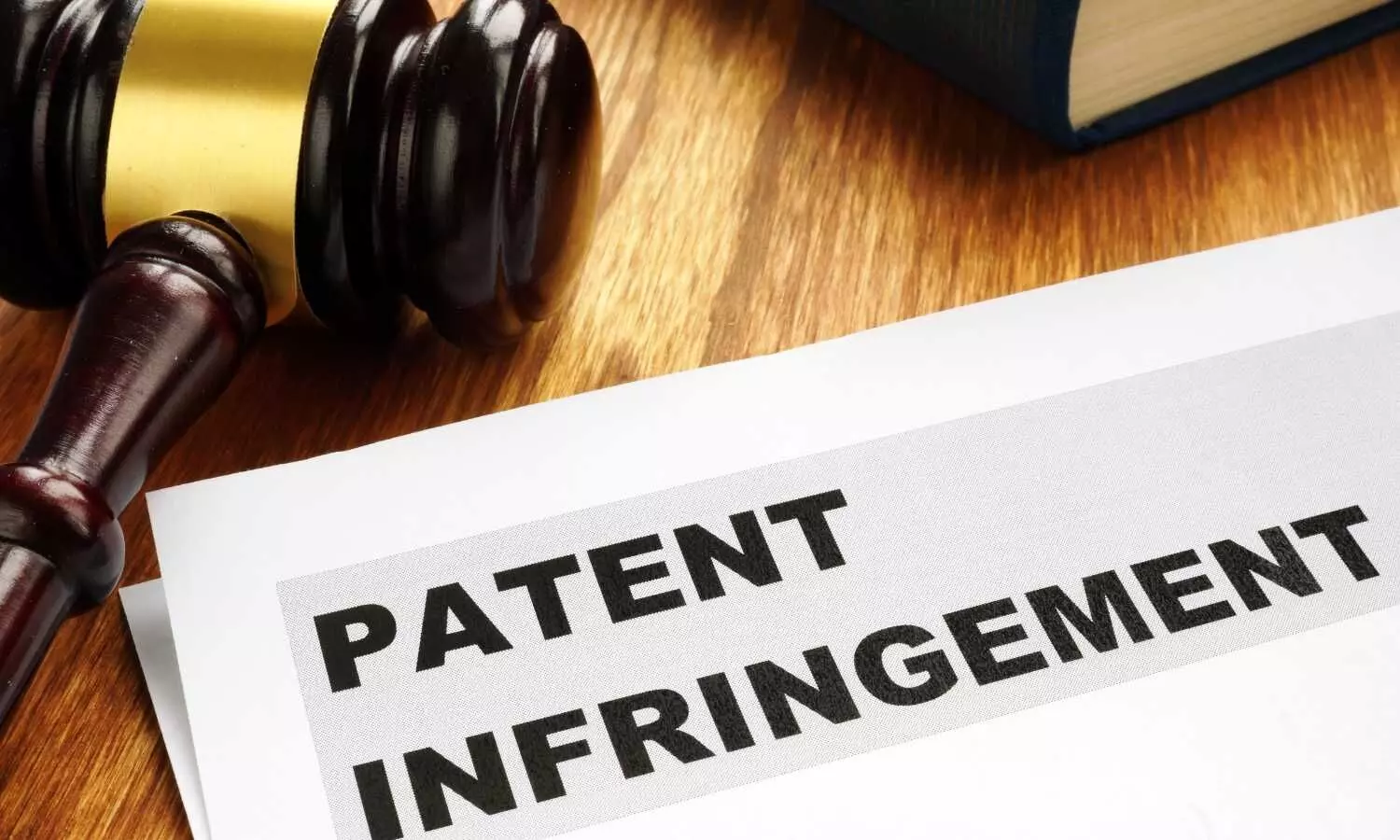
Biotech firm Factor Bioscience has filed a lawsuit against Cellectis and AstraZeneca, accusing the companies of allegedly infringing three patents related to its gene-editing technology used in cancer treatments.
The lawsuit, filed in the District federal Court, alleges that Cellectis copied Factor’s technology for designing gene-edited cells for cancer therapies.
Cellectis licenses its gene-editing technology to AstraZeneca for research and development.
For Factor: Robert Cerwinski, Michael Johnson and Lora Green of Gemini Law; Huiya Wu and Linnea Cipriano of Goodwin Procter
For Cellectis and AstraZeneca: attorney information not yet available
Powered by WPeMatico
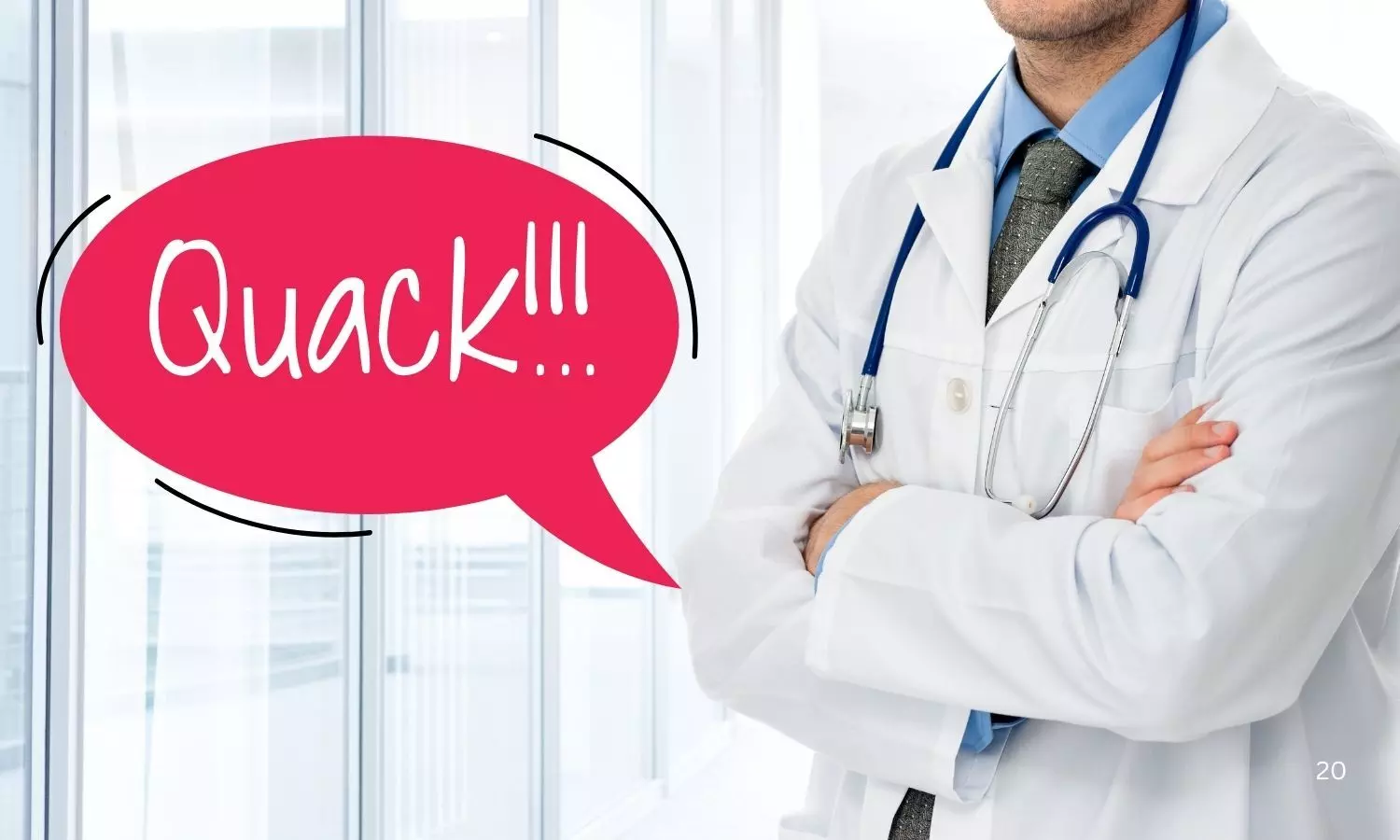
Hyderabad: To eliminate quackery in the state, the Telangana Medical Council has come up with a quick and effective way to identify fake doctors by simply asking them to write a prescription.
Instead of spending weeks checking forged certificates, TGMC’s anti-quackery team now simply sends decoys to suspected practitioners, asking for a prescription on the spot. After that, they check for possible errors in the prescription.
In this way, the council has exposed hundreds of quacks who fail to write even a basic prescription correctly. In most cases, the prescriptions were vague, incomplete, or illegible.
Also read- Telangana Medical Council suspends 5 doctors for ethical violations, professional misconduct
This year alone, 117 quacks have been caught across the state, as per a TOI media report. Last year, around 150 were booked.
Recently, members of the council inspected a private clinic running under the name Balaji First Aid Centre and caught the man who was pretending to be a registered medical professional. When the suspected quack was asked to write a prescription, the note turned out to be a messy scrawl without dosage, frequency, or treatment duration.
“Like in many other cases, we first sent a decoy patient to get a prescription. The note used brand names instead of drugs, had no clarity, and did not follow any standard format. It was clear the person had no understanding of treatment protocols,” said a TGMC official.
According to the National Medical Commission’s Ethics and Medical Registration Board, prescriptions must be legible, preferably in capital letters, and use generic names rather than brand names. They should also follow a set format of mentioning dosage strength, frequency, and duration and be based on evidence.
Apart from the prescription tests, TGMC member Dr V Naresh Kumar pointed out another warning sign, including the absence of a letterhead.
“In many cases, quacks write on plain white paper instead of a proper prescription pad. NMC rules mandate that doctors use a letterhead with their name, qualifications, registration number, and contact details. This ensures accountability and makes it easier to track them. Quacks avoid this deliberately to escape scrutiny,” he told TOI.
“Quacks often prefer brand names because of the commissions they receive from pharmacies. Most quacks have no idea about dosage or duration. Many are just graduates who once worked as ward boys. They later open small centres and start prescribing injections and antibiotics. Instead of writing ‘paracetamol’, they push a specific company’s brand so they get a cut from the pharmacy. They also tend to overprescribe strong drugs for instant relief to impress patients, but this can damage organs in the long run and worsen drug resistance,” said Dr G Srinivas, TGMC vice-chairman.
Also read- 18 Quacks caught during Telangana Medical Council raids
Powered by WPeMatico
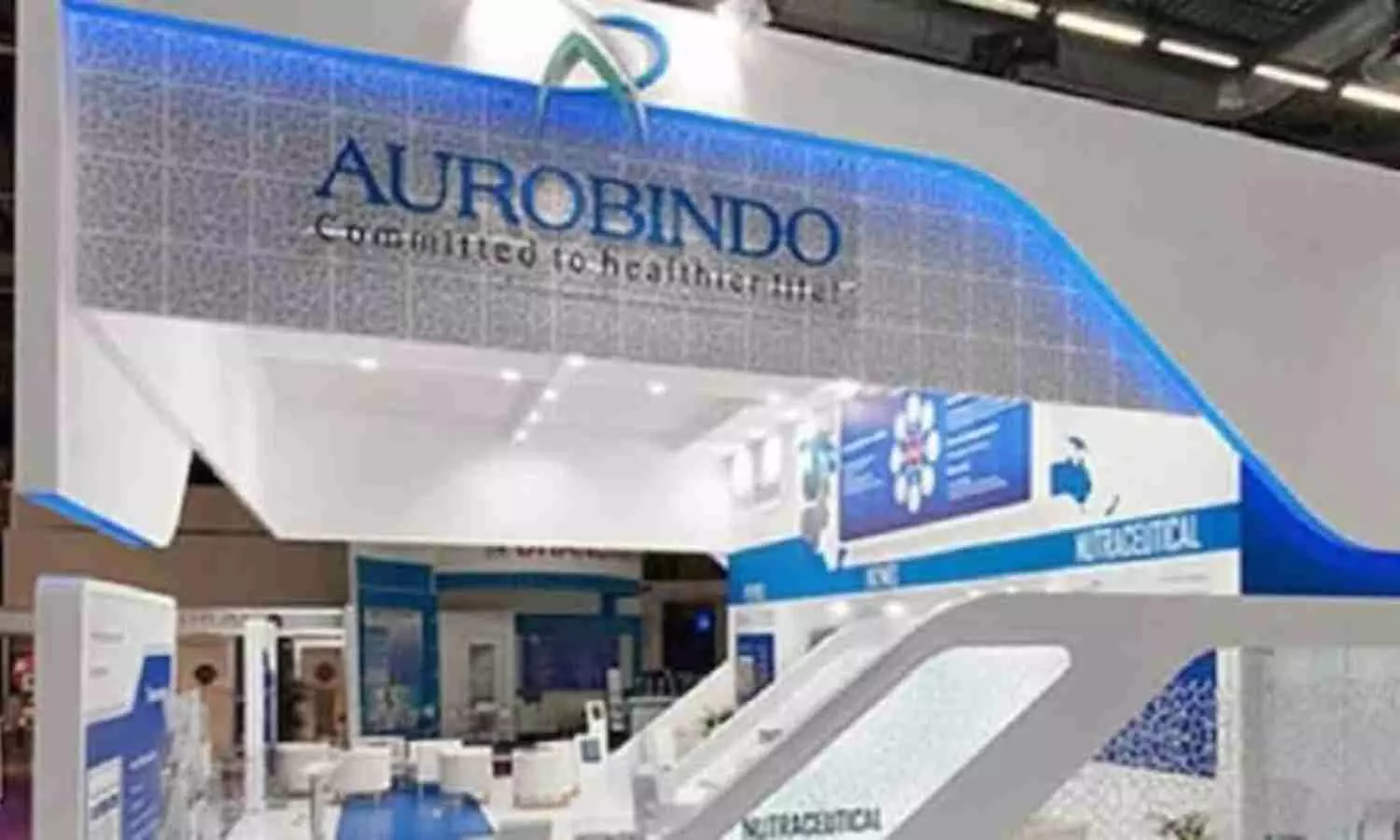
Hyderabad: Aurobindo Pharma has announced that CuraTeQ Biologics B.V., a wholly owned step-down subsidiary of the Company, has
incorporated a new wholly owned subsidiary in Malta by the name of CuraTeQ Biologics (Malta) Limited.
The incorporation is aimed at expanding the company’s pharmaceutical products business in Malta.
According to the company’s disclosure to the BSE, CuraTeQ Biologics (Malta) Limited will operate in the pharmaceutical sector.
Earlier this month, Helix Healthcare B.V., a wholly owned subsidiary of the Company, also incorporated a new wholly owned subsidiary in Malaysia by the name of Aurobindo Pharma (Malaysia) SDN. BHD.
Read also: Aurobindo Pharma arm incorporates new wholly owned subsidiary in Malaysia
In June, the Company further extended its global presence by incorporating a wholly owned subsidiary in the United States through Aurobindo Pharma USA Inc.
Read also: Aurobindo Pharma arm incorporates new subsidiary in US
Additionally, in May 2025, Curateq Biologics Private Limited, another wholly owned subsidiary of Aurobindo, incorporated a new wholly owned subsidiary in the Netherlands by the name of CuraTeQ Biologics B.V.
Further strengthening its domestic capabilities, in October 2024, Lyfius Pharma, a wholly owned step-down subsidiary of Aurobindo Pharma, inaugurated its state-of-the-art PenG manufacturing facility, at Kakinada, Andhra Pradesh.
Headquartered in Hyderabad, India, Aurobindo Pharma Ltd. is a global pharmaceutical company with operations spanning active pharmaceutical ingredients (APIs), generics, and biosimilars. CuraTeQ Biologics is its wholly owned subsidiary focused on biosimilars for oncology and other therapeutic areas, enhancing Aurobindo’s footprint in biologics markets in Europe and beyond.
Powered by WPeMatico
